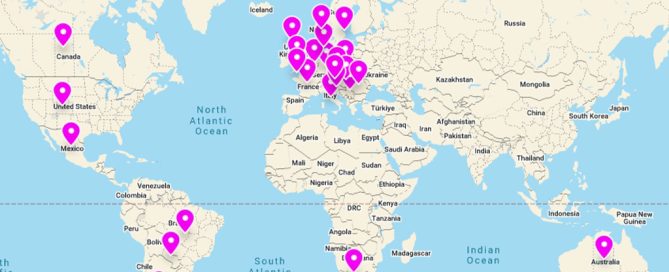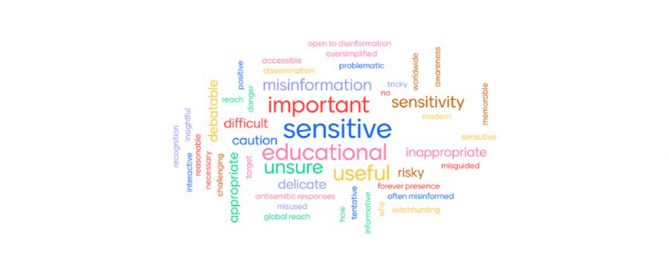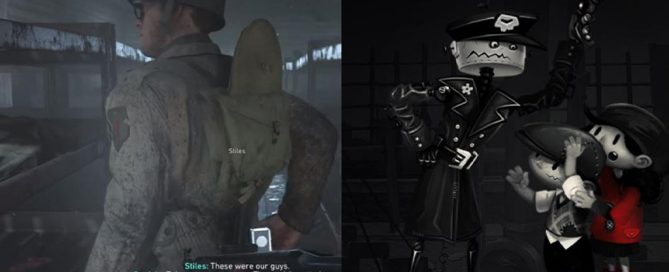Surveying Global Digital Holocaust Memory Practice
By Victoria Grace Richardson-Walden We’re investigating how Holocaust museums, memorial sites, libraries, and educational organisations use digital media in their work. Find out how you can get involved in this week’s blog. Launched earlier this year, the digital Holocaust memory survey seeks to provide a comprehensive overview of digital practice and strategies across this global digital memoryscape. Watch the video interview with Lab Director Prof. Victoria Grace Richardson-Walden to find out more. https://youtu.be/CZgkEK5sJOA What Do We Want to Know? What type of digital projects are being created and have historically been created across the professional Holocaust education and memory sector What social media channels are used and to what extent accounts of professional organisations are confronted with denial, distortion and misinformation How/ if AI and machine learning are being used in Holocaust education and memory organisations How digital engagement is managed internally, from a strategic through to an operational level. Why? One of our core goals is to build digital literacies and capacities across the sector, and this survey will help us to identify key areas where professionals working in Holocaust museums, memorial sites, libraries and educational organisations (or what we refer in shorthand to as the ‘Holocaust [...]



